When I was doing my Montessori teacher training, I was struck by how important independence is for children. Montessori once said, "The child's inner need: 'Help me to do it by myself.'" A major part of helping children be independent is teaching them to take care of their personal hygiene.
How can you help teach your child to wash their hands, brush their teeth, and take care of their personal appearance? While raising my three children and during my years of teaching, I've gained some helpful strategies and activities parents can try.
A Montessori Approach to Personal Hygiene
In the Montessori classroom, children participate in practical life activities. These lessons teach children basic skills like how to prepare a snack, clean up, pour water, and more. By practicing these skills, children learn to be independent and also gain fine motor skills.
One part of the practical life curriculum is personal hygiene. Children in Montessori schools learn to wash their hands, blow their noses, and comb their hair. In Montessori's original schools, she even taught children to brush their teeth.
You can also use Montessori principles in your home environment. A bit part of Montessori is the prepared environment. Montessori encouraged children to do things independently and made that possible with child-sized furniture. Plus, she provided the necessary tools and space for each activity.

Creating a Montessori Bathroom Station
Use the Montessori method in your home by creating a bathroom station. This means you create a space for your child to access their own hygiene tools such as a comb, toothbrush, soap, hand towel, mirror, etc.
Creating this space accommodates your child's needs. Your Montessori bathroom station doesn't have to be big. You can simply put everything your child needs in a convenient caddy. Or, add a small vanity to your child's room including a mirror hung at their height.
Try a Toddler Bathroom Stool
The most essential part of a Montessori bathroom station is a step stool. A bathroom stool helps your child reach the sink independently. Piccalio’s foldable helper tower is a perfect option that you can easily store after your child is done. Plus, you can also use it for more practical life activities in the kitchen, like cooking and baking.
A toddler Montessori bathroom station should help your child complete their tasks without your help. Here is how you can help your child with these essential tasks.

5 Montessori Activities to Foster Hygiene in Your Montessori Toddler
Taking care of hygiene every day is important for toddlers from a young age. Montessori noticed that when given the opportunity to learn, children are enthusiastic. Here are five activities to try.
Montessori Activity 1: Washing Hands
Teaching your child to wash their hands is a simple, yet important lesson. In the Montessori method, modeling is essential.
First, ask your child to wash their hands with you. Then, provide a step stool or helper tower so they can reach the sink. Demonstrate how to wash your hands in simple steps.
- Wet your hands
- Add soap
- Rub your hands for 20 seconds
- Rinse them off
- Dry your hands
After demonstrating, invite your child to try. To help your child remember each step, you might consider putting up a poster showing the steps in drawings.
Most importantly, try to step back as your child takes the lead. Remind your child when they need to wash their hands. Then, try letting them wash their hands independently without stepping in.
Montessori Activity 2: Brushing Teeth
For young children, brushing teeth can sometimes be a struggle. While some children enjoy brushing their teeth, others don't like the sensation. With my children, I talked through the consequences of not brushing their teeth. Another helpful strategy is to read books about teeth and the importance of dental hygiene.
When teaching your child to brush their teeth, you can model it similarly to washing your hands. Another alternative is to use a fake model mouth. This way, you can show your child the proper circular motions to use when brushing teeth and it's easier for your child to practice.
Also, keep your child's tooth-brushing items easily accessible, such as in a low drawer. This boosts their independence and helps them feel in control of their hygiene.
Brushing teeth is one area where you can slowly release independence. Younger toddlers still need help with brushing their teeth to ensure their teeth get clean. You can take turns brushing their teeth.
Pro Tip: Use a two-minute sand timer or play a two-minute song while your child brushes their teeth. That way, they'll know when they've brushed their teeth long enough.
Montessori Activity 3: Brushing Hair
Brushing and combing hair can be fun for young children. Provide your child with a comb, brush, and a mirror hung at their height. Then, demonstrate how to brush your own hair. Invite your child to do the same.
As your child gets older, you can add more techniques. For example, show your child how to notice and make a part. Or, show them how to put their hair in a ponytail or how to use a clip to pull the hair out of their eyes. They can check their appearance in the mirror afterward.
Montessori Activity 4: Blowing Your Nose
For this activity, you will need to prepare tissues or a handkerchief. Show your child where they can find these items without your help. Then, demonstrate how to blow your nose. Show your child how to fold the tissue or handkerchief to use it several times. Finally, throw the tissue in the trash. Or, put the handkerchief in the laundry basket.
Montessori Activity 5: Toilet Learning
Toddlers who are about 18 months old or older can begin to learn to use the bathroom. Potty training, also known as toilet learning in the Montessori method, takes time. Learn all about potty training the Montessori way in our full post.
The steps to toilet learning include modeling, using a potty chair, and helping with clean up. This process may take several weeks or months before your child can use the potty independently.
After using the potty, remind your child to wash their hands.
Montessori Bathroom Tips: How to Teach Personal Hygiene
Teaching your child personal hygiene habits at a young age can help them build confidence and independence. How do you teach your little one?
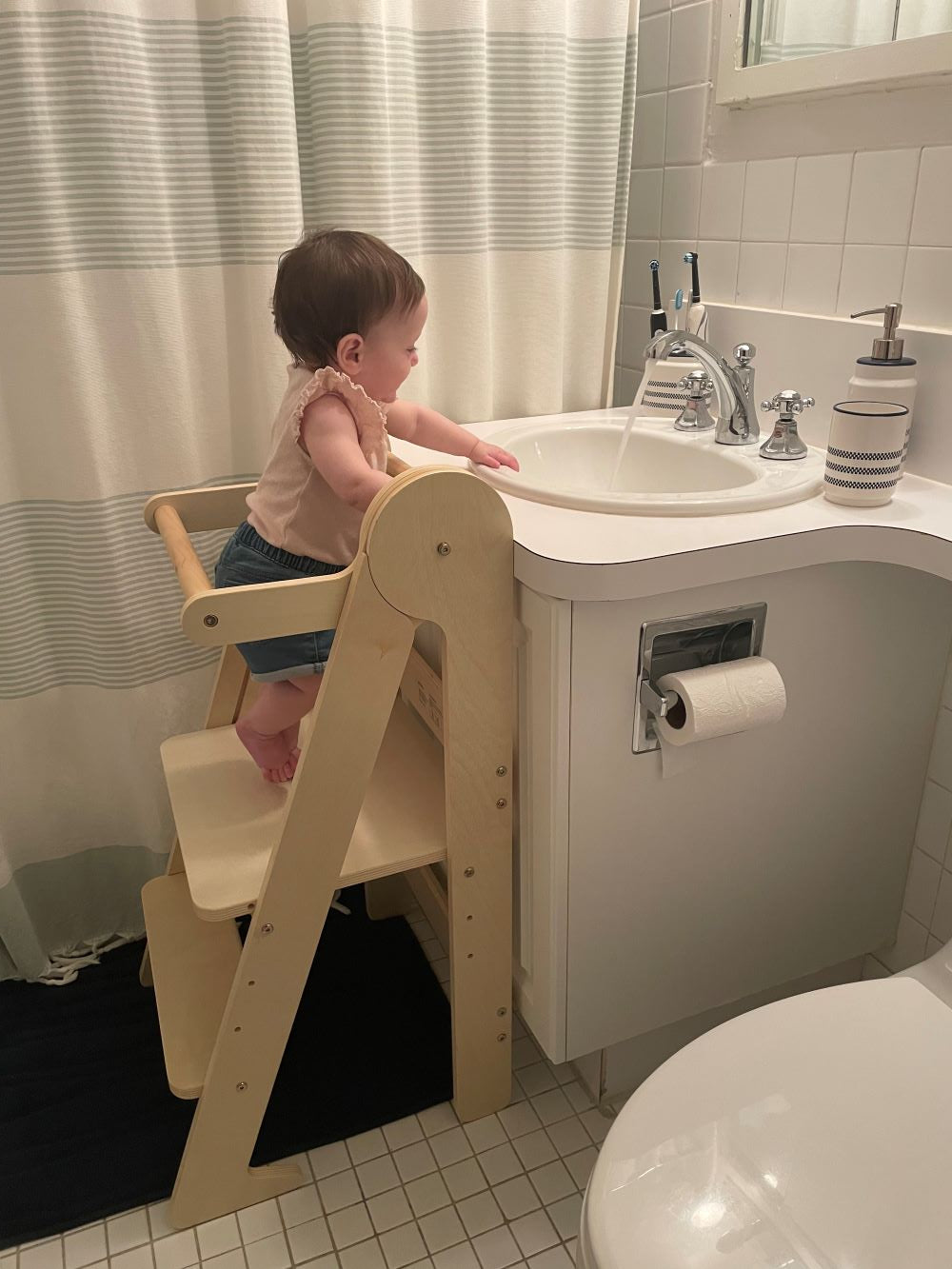

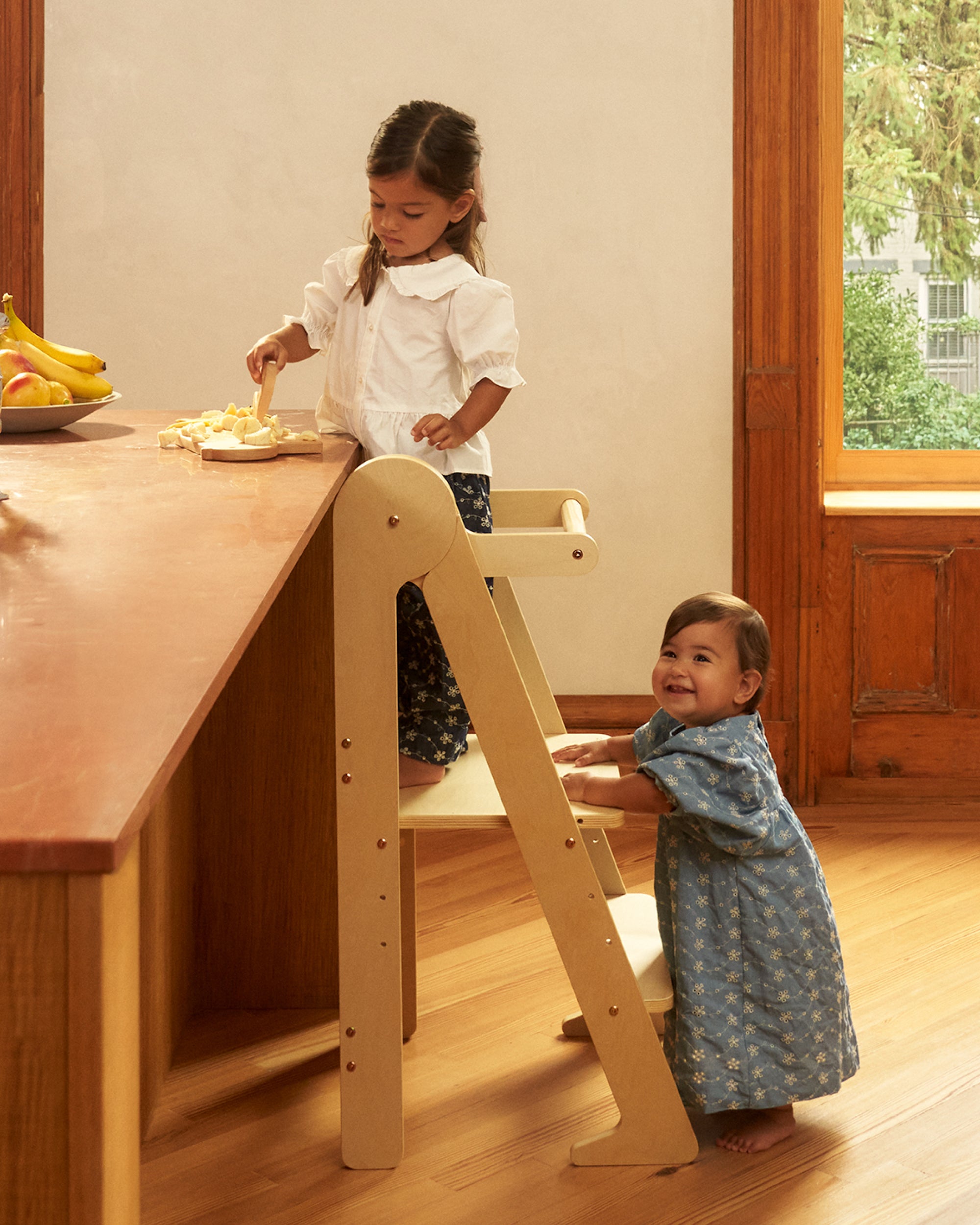
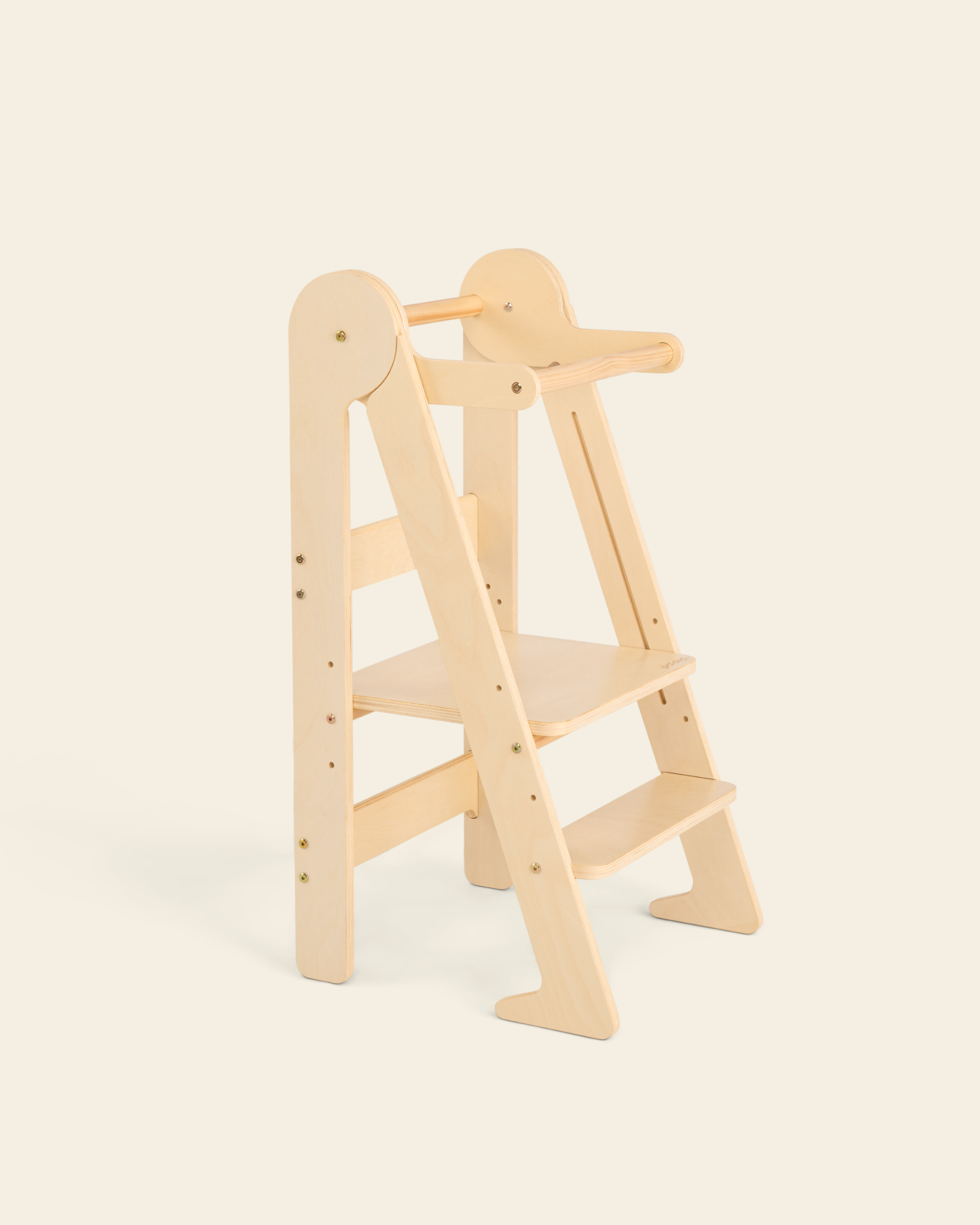
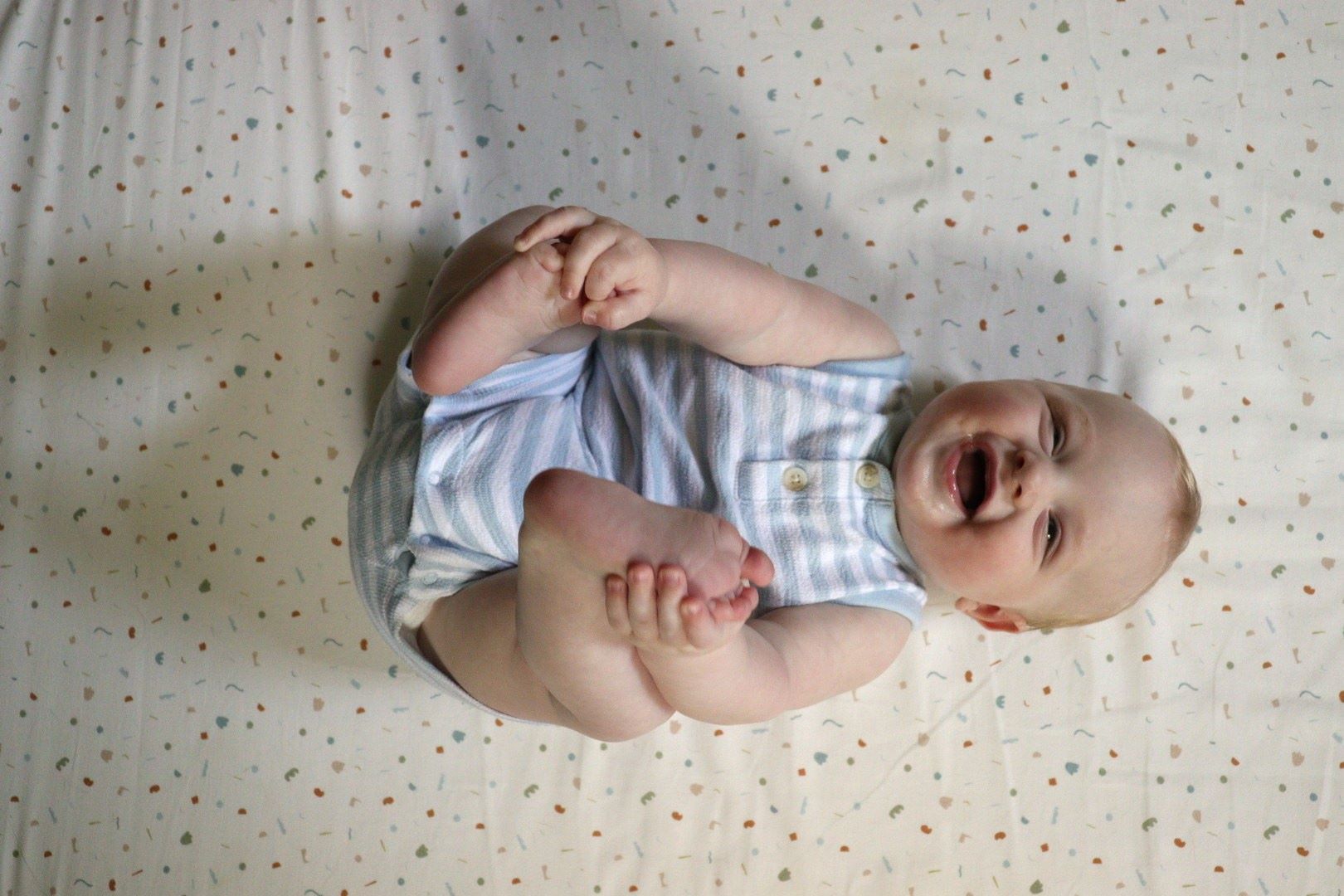
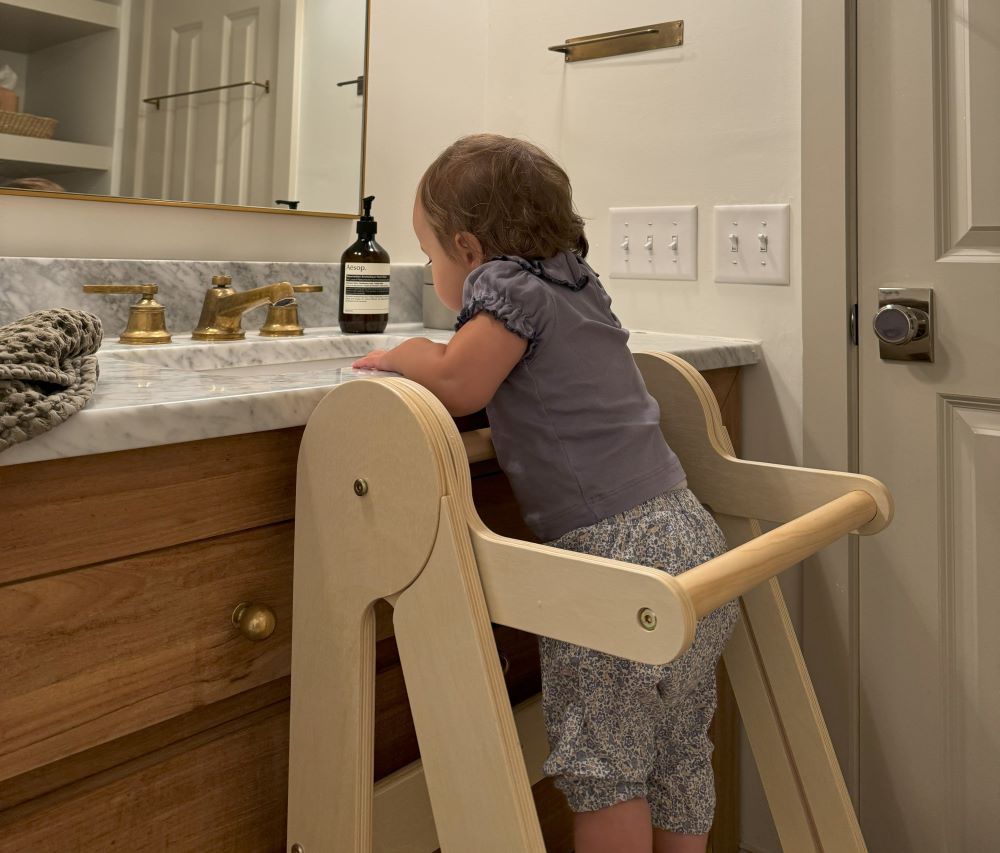
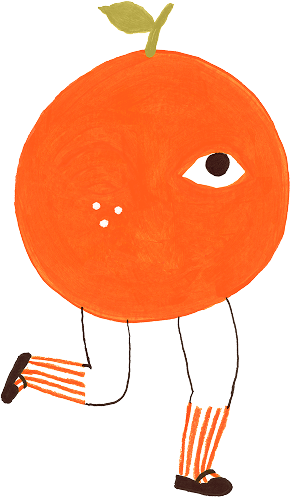
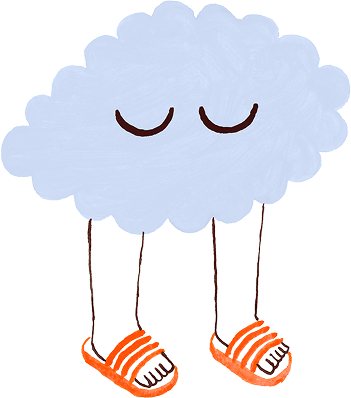
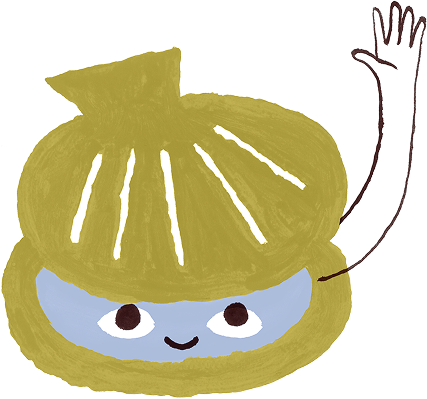
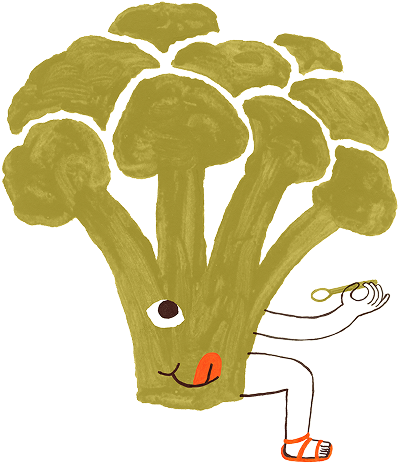
Leave a comment
This site is protected by hCaptcha and the hCaptcha Privacy Policy and Terms of Service apply.